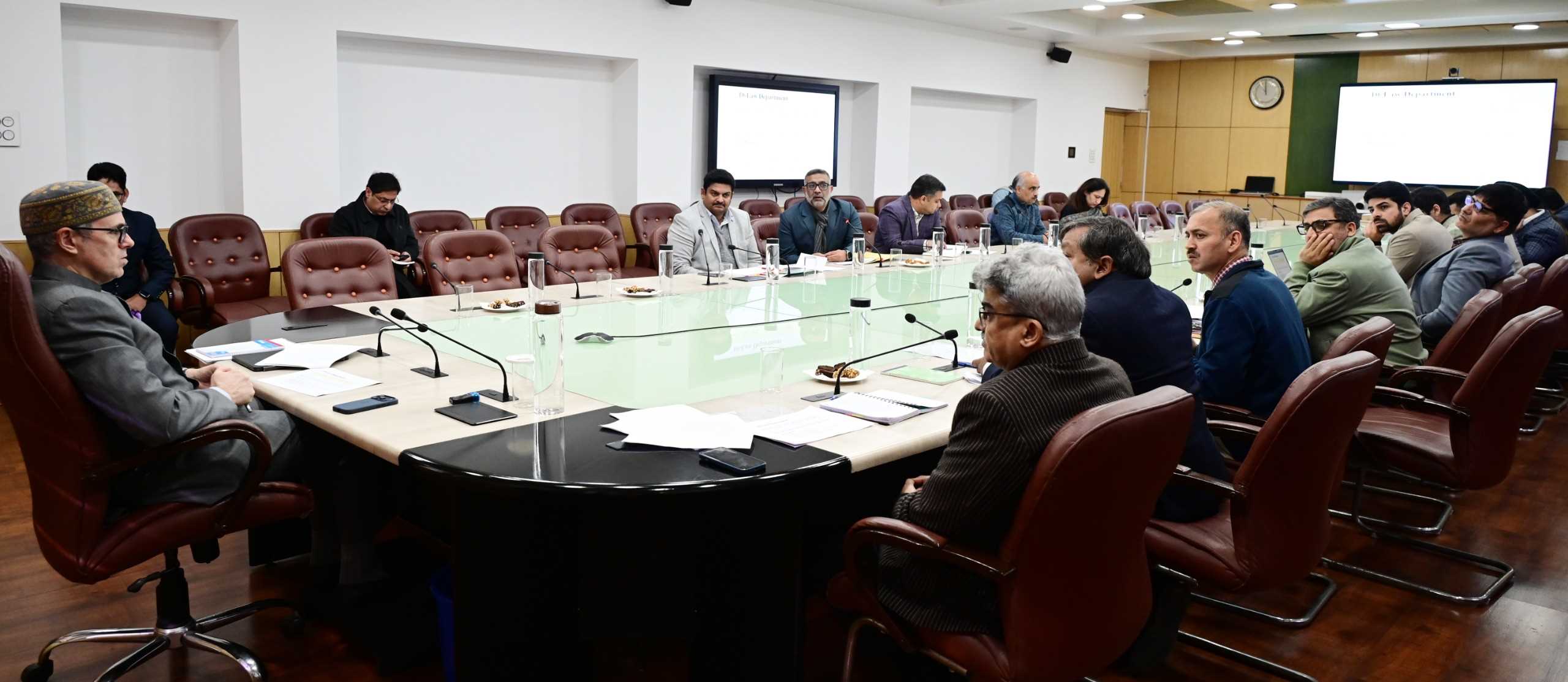The pervasive rise of digital addiction among children in Jammu and Kashmir has escalated into a critical public health concern, demanding immediate and comprehensive intervention. Medical experts have sounded the alarm, highlighting the profound implications of excessive screen time on the physical, cognitive, and emotional well-being of our youth. Dr. Kaisar Ahmad, a prominent pediatrician, has emphasized the severity of this issue, noting that children as young as four to six months are being exposed to screens. This early exposure disrupts essential cognitive and social development milestones, leading to impaired eye contact, aggressive behavior, increased obesity rates, and a surge in depression and anxiety cases among children aged 0-18. Corroborating these concerns, Dr. Majid Shafi has presented alarming statistics, equating digital addiction with tobacco and drug dependence as one of our leading public health challenges. He advocates for practical measures to mitigate this crisis, such as minimizing device notifications, utilizing monochrome phone displays to reduce visual appeal, and instituting screen-free family mealtimes. Dr. Shafi also warns against the dangers of early digital exposure, likening its impact to that of substance abuse. The detrimental effects of digital addiction are multifaceted. Physically, prolonged screen time contributes to vision problems, disrupted sleep patterns, and a sedentary lifestyle, which can lead to obesity. Cognitively, it impairs attention spans, memory retention, and problem-solving abilities. Emotionally, excessive digital engagement is linked to heightened risks of depression, anxiety, and social isolation. Addressing this escalating crisis necessitates a collaborative approach involving parents, educators, healthcare professionals, and policymakers. Parents must take an active role in monitoring and regulating their children’s screen time, encouraging alternative activities that promote physical exercise, creativity, and face-to-face social interactions. Educational institutions should integrate digital literacy programs into their curricula, teaching students about the responsible use of technology and the potential risks associated with its overuse. Healthcare providers need to be vigilant in screening for signs of digital addiction during routine check-ups and offer guidance on healthy media consumption habits. Policymakers should consider implementing regulations that limit the accessibility of addictive digital content to vulnerable age groups and promote public awareness campaigns highlighting the dangers of excessive screen time. Furthermore, community initiatives can play a pivotal role in combating digital addiction. Organizing workshops, seminars, and support groups can provide parents and children with the tools and knowledge necessary to establish a balanced relationship with technology. Encouraging participation in sports, arts, and other extracurricular activities can offer healthy alternatives to screen time, fostering holistic development. By fostering a culture of mindful and balanced technology use, we can ensure that digital tools serve as beneficial resources rather than detrimental addictions.













